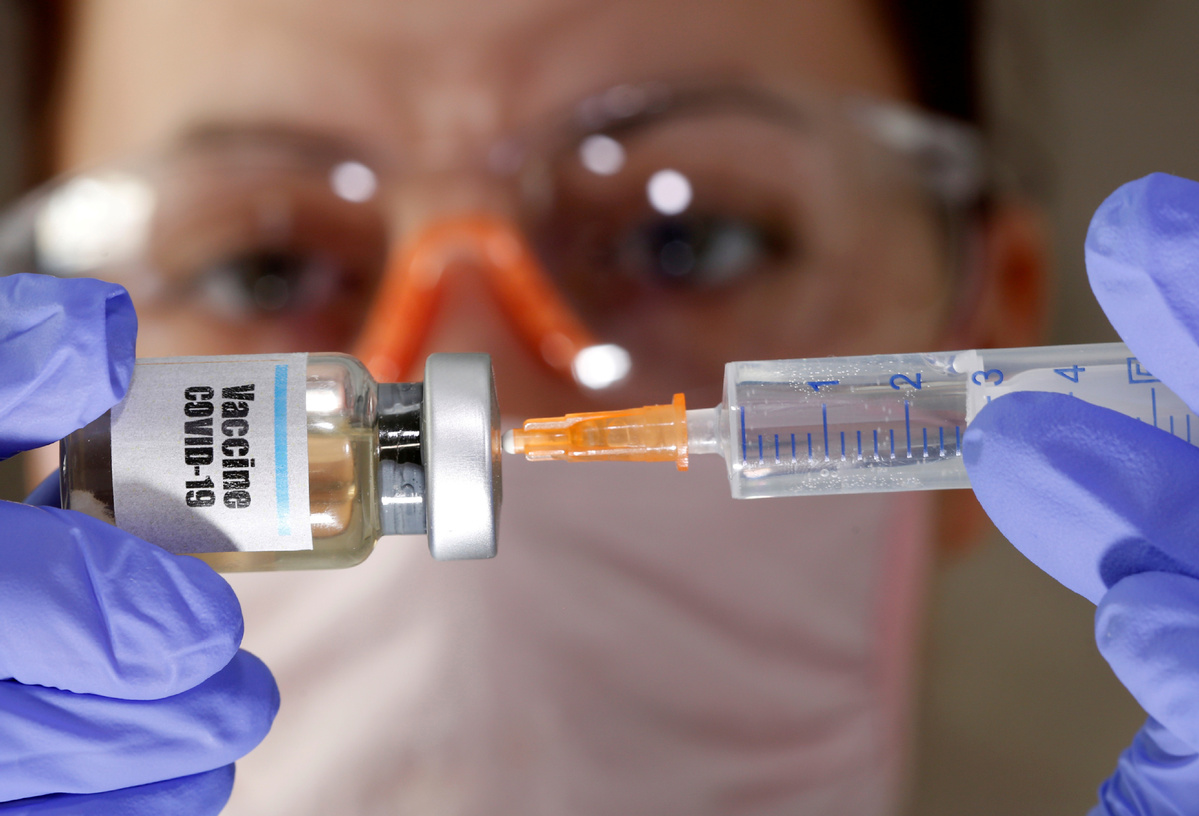trending topics
market reports
-
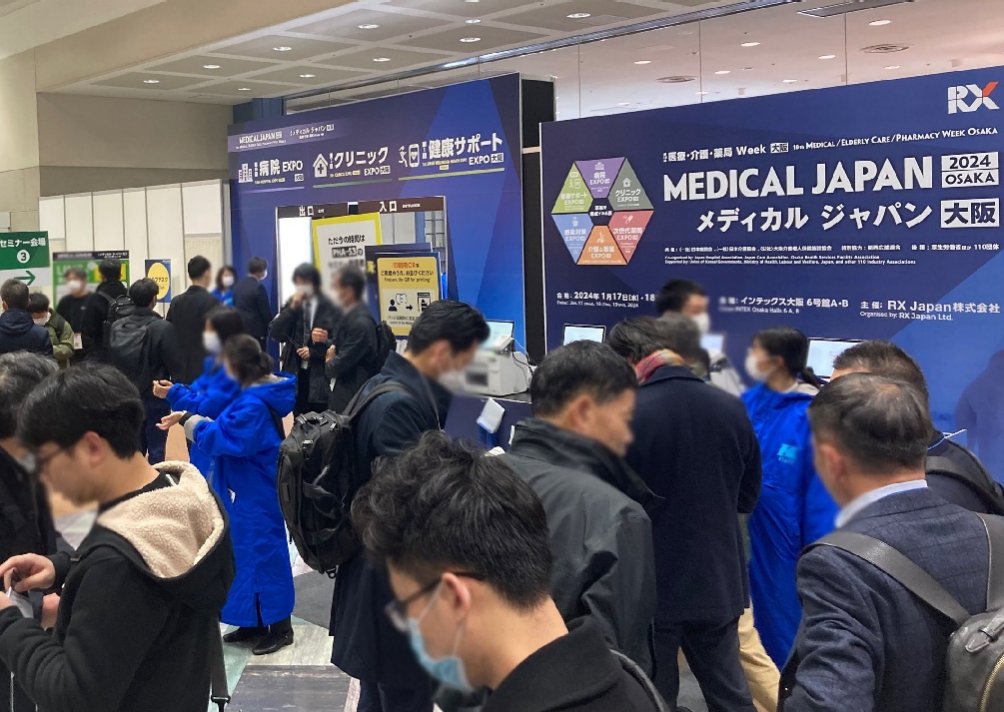
MEDICAL JAPAN 2025 OSAKA Returns to Showcase Global Innovations
2025-02-17
-

Visit MEDICAL JAPAN 2023 TOKYO and take full advantage of the business opportunities!
2023-09-01
-
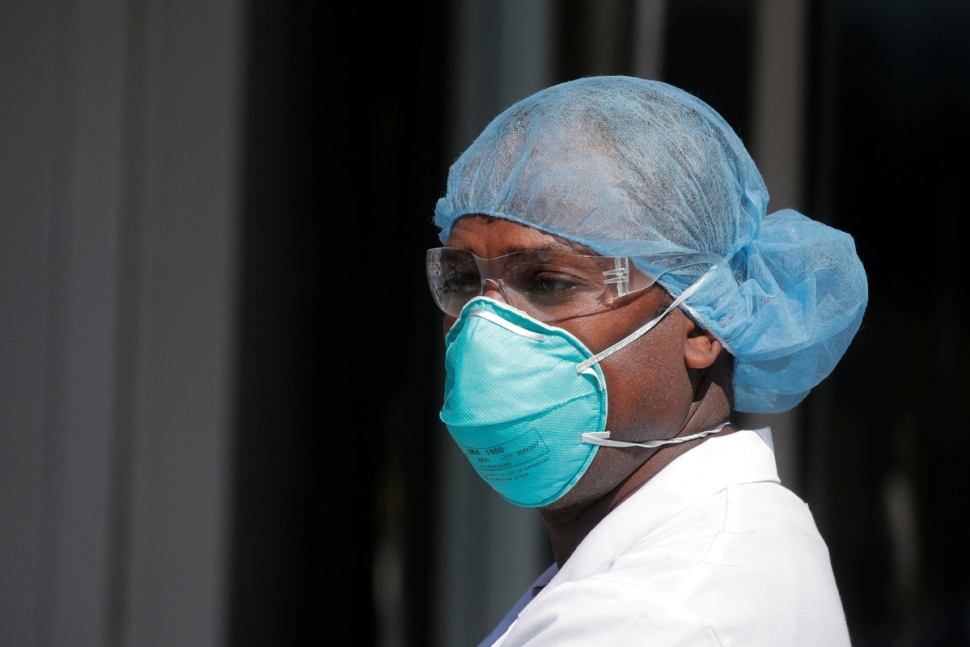
US to distribute 400 million free N95 masks at CVS, Walgreens in COVID fight
2022-01-21
-
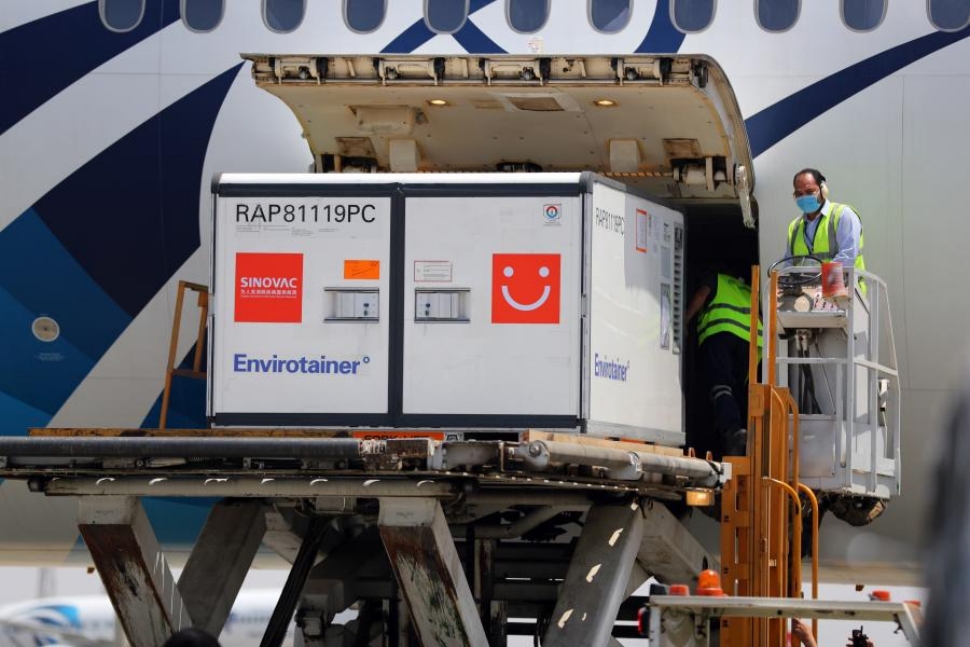
Ethiopia receives additional 2.2 mln doses of Chinese-donated COVID-19 vaccines
2022-01-21
-
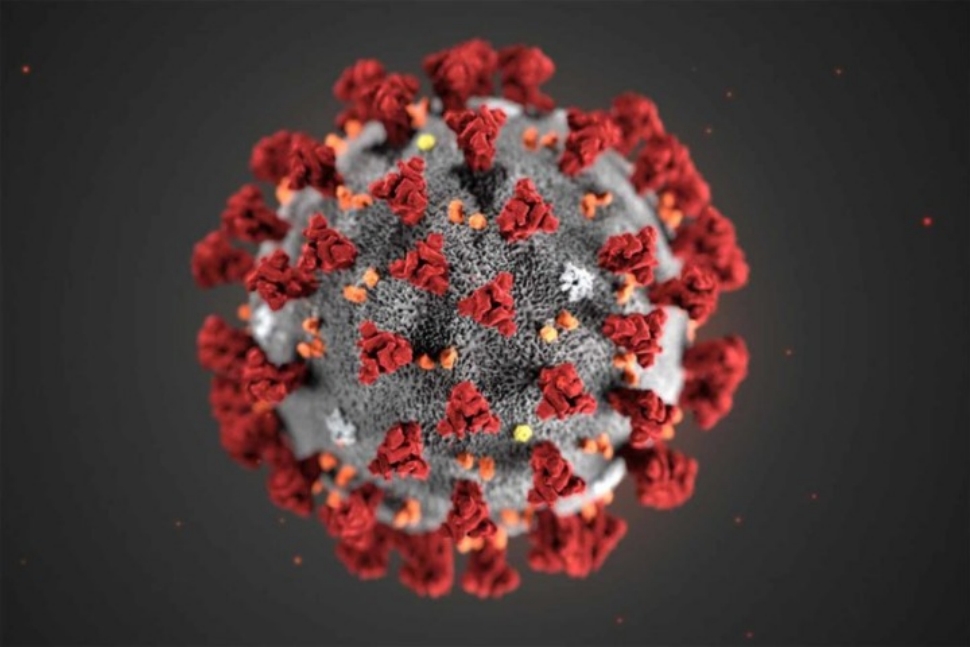
Hong Kong researchers say they develop novel material able to kill COVID-19 virus
2022-01-14
-
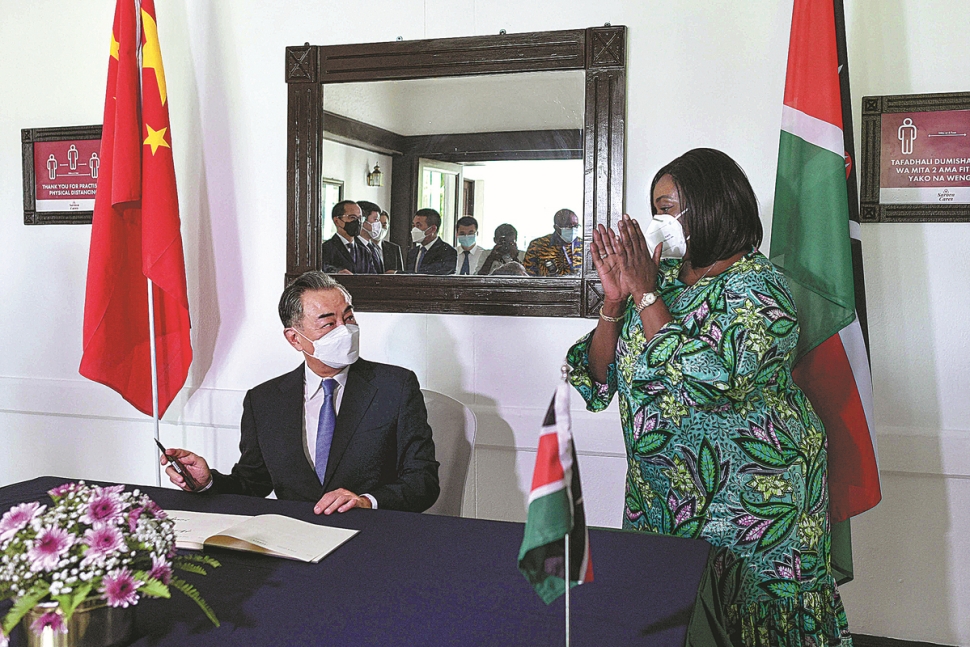
10 million more Chinese doses on way for Kenya
2022-01-14
-
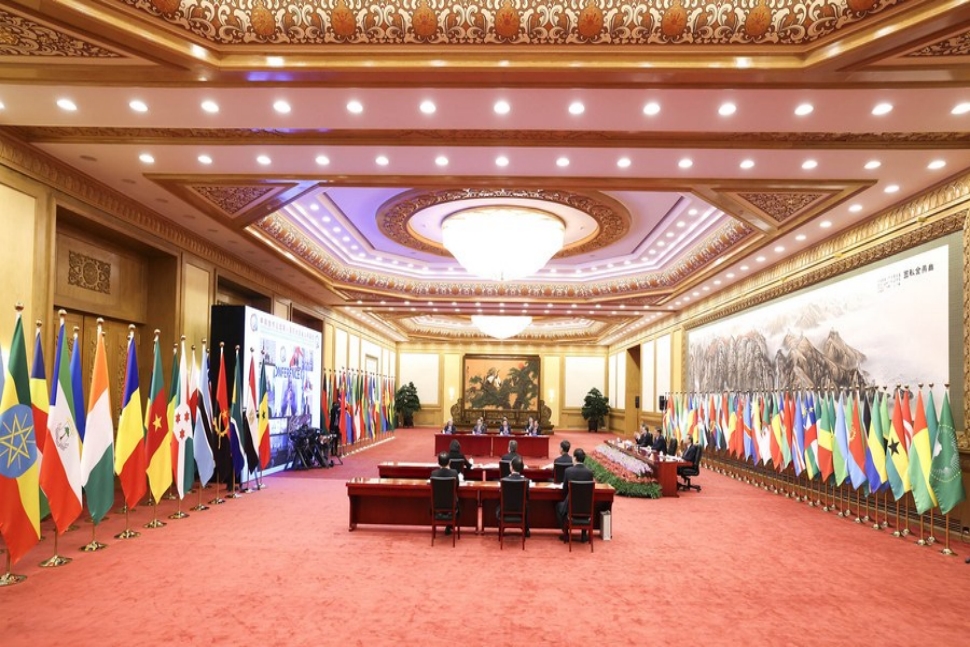
Sino-African ties on track for a brighter future
2022-01-07
-

Efforts urged to boost COVID-19 vaccine production capacity in poor countries
2022-01-07
-
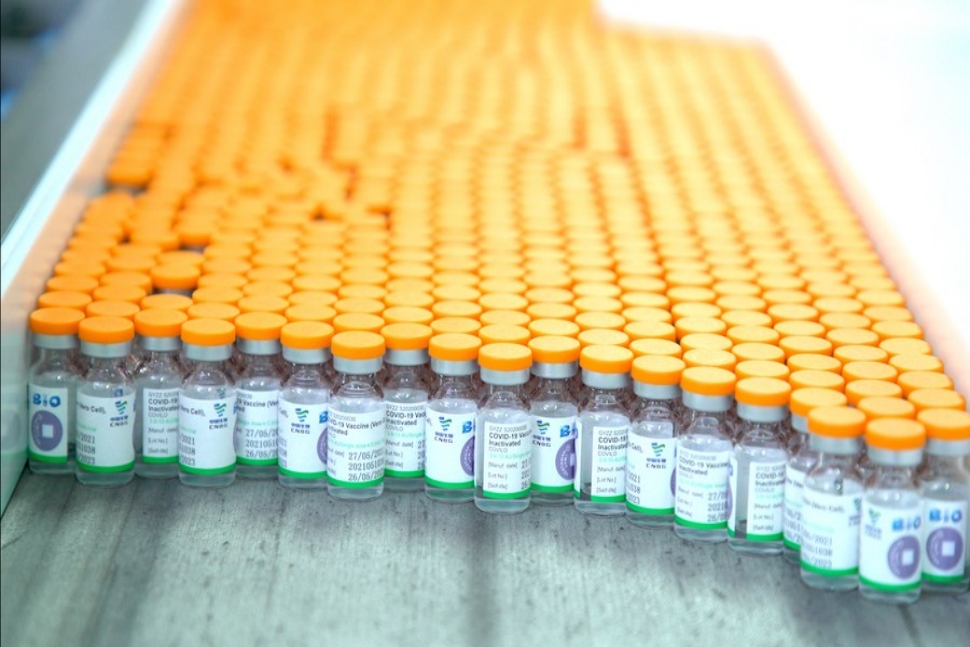
UAE approves Sinopharm's new protein-based COVID-19 vaccine
2022-01-07
-
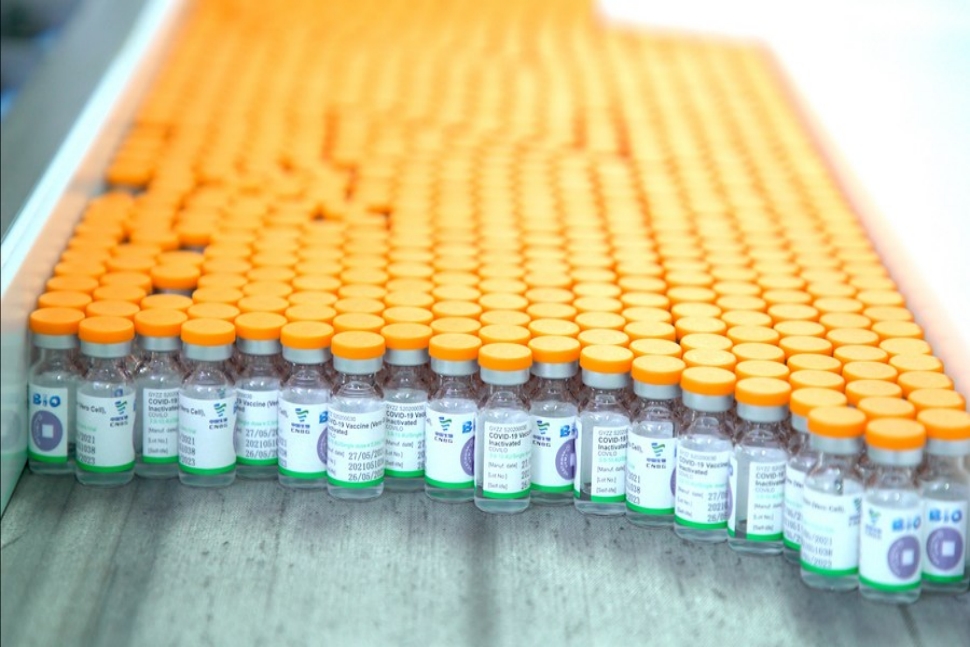
UAE approves Sinopharm's new protein-based COVID-19 vaccine
2022-01-07
Vaccine search could take two years
2020-05-29
China's consulate general in Northern Irish capital Belfast invited a well-known Chinese medical expert to share his thoughts on COVID-19 during a webinar on Thursday.
Zhang Wenhong, who heads a Shanghai medical team fighting the pandemic, is popular on Chinese social media platforms because of the humorous way he explains scientific truths.
"The secret to defeating the novel coronavirus is fear of death, and people who are more afraid of dying can survive this pandemic," he said during the session in which he stressed the importance of raising public awareness in combatting the pandemic.
Around 200 people took part, including employees at the consulate general and their families, members of the Chinese community living in Northern Ireland, Chinese overseas students in the United Kingdom, and representatives of China-invested enterprises in the country.
Zhang Meifang, China's consul general in Belfast, said in a speech that the event was aimed at helping overseas Chinese people better understand the pandemic and relieve their anxieties, so that they can protect themselves more efficiently and adapt to the "new normal".
Zhang Wenhong said, as more countries have started to ease lockdown measures and reopen businesses, the challenge will be to control the disease while maintaining economic development.
"For each person, we must be prepared for it, the pandemic will last at least two years," he said. "We cannot do nothing for two years, so we have to adapt to the new normal and do what we should do."
He explained that the virus will probably be around for "two years" because that could be how long it takes to create a vaccine.
"Vaccines are the best way to finally solve persistent infections," he said. "Essentially, the possibility to manufacture a successful novel coronavirus vaccine is higher than other vaccines, such as HIV vaccines and even flu vaccines."
He said the evidence, so far, suggests the mutation rate of the novel coronavirus "is not high".
"The current research speed on the vaccines is relatively close among different countries, and the vaccines have produced antibodies," he said. "But the key question is whether these antibodies can produce effective protection."
The University of Oxford vaccine project is set to begin phase II/III human trials, during which the study will expand the age range of people that the vaccine is assessed in, as well as the number of people taking part.
But concerns have been raised because trials of the vaccine on rhesus macaque monkeys did not stop them contracting the virus.
"The earliest possible time we could have a successful vaccine will be next year, from March to June. If all vaccine projects which are ongoing fail, then we will have to wait until 2022," he said.
(From China Daily)



 My Member
My Member Message Center
Message Center





